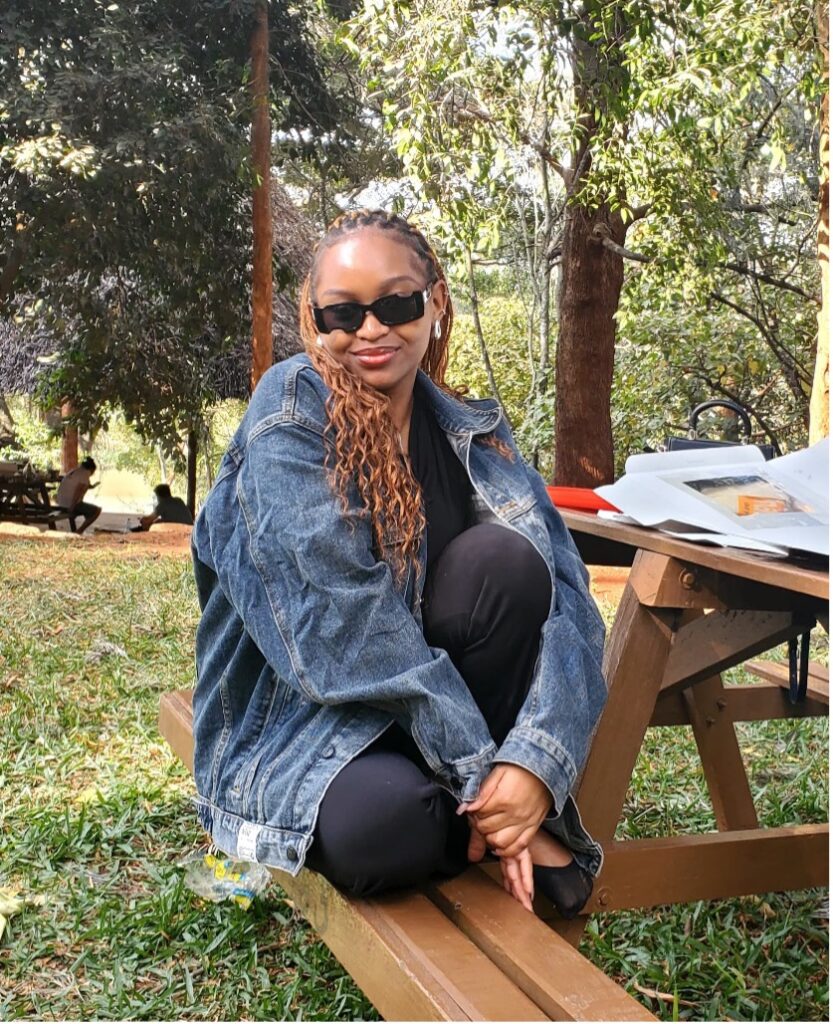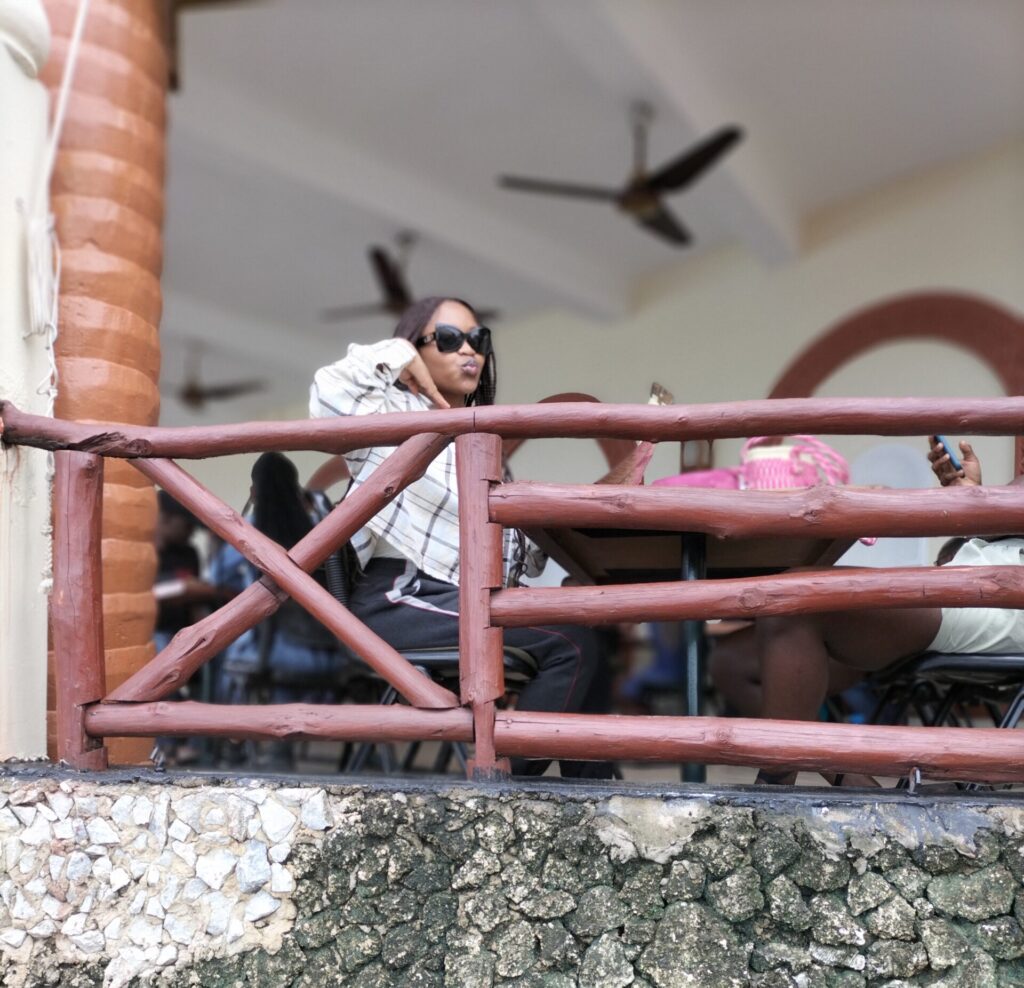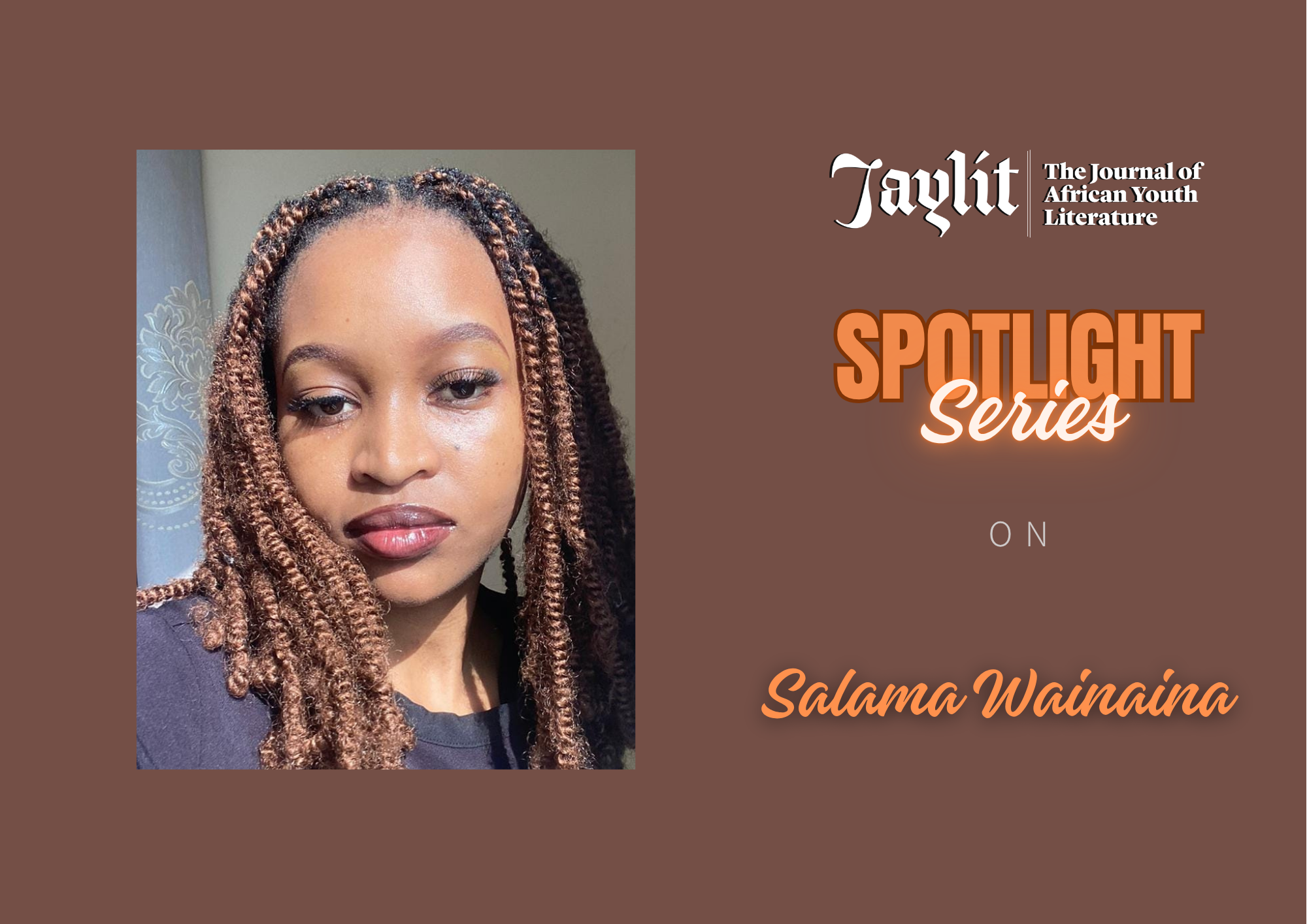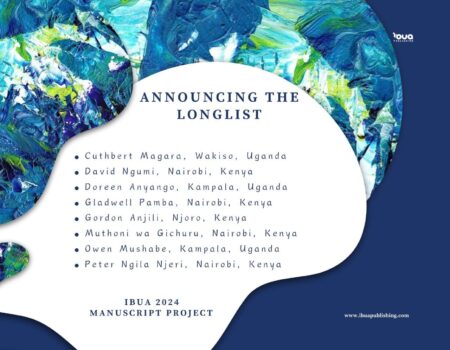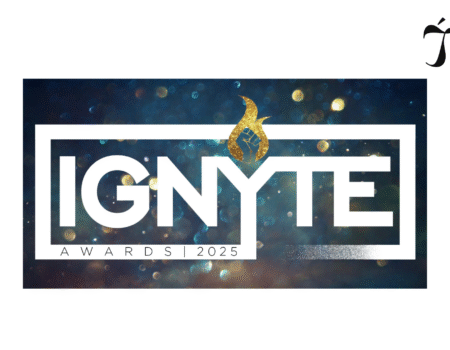An outstanding writer, Salama Wainaina is steadily crafting her name into the fabric of East African literature. The Kenyan writer, who hails from Kilifi, was named co-winner of the Inaugural JAY Lit Prize for Poetry 2024, and her work has been published in leading literary platforms including The Kalahari Review, Brittle Paper, Afrocritik, The Shallow Tales Review, African Writer Magazine, Ubwali, Writers Space Africa, Qwani, and The Journal of African Youth Literature (JAY Lit). Writing alongside a career in Quantity Surveying, she is building a multidimensional creative presence that resonates with her generation’s energy and resistance.
Salama grew up surrounded by the rhythm of Kenya’s coast, and it is perhaps no surprise that her poetry is drenched in vivid imagery and an ear for cadence. A graduate of Quantity Surveying in 2022, Salama began writing poetry in private, scribbling into notebooks and journals until a friend nudged her toward sharing her words online. Even then, she hid behind a pseudonym, trying to protect herself from the vulnerability of being read.
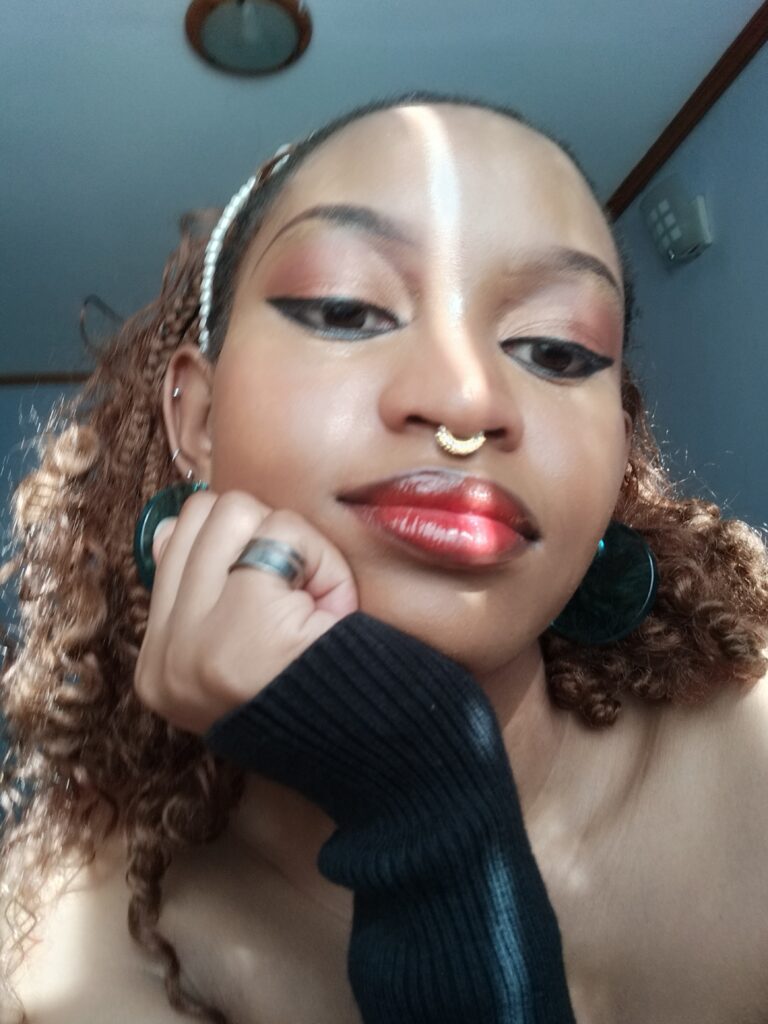
That changed toward the end of 2023.
Something shifted internally, and Salama began to submit to magazines and claim her space. The results speak for themselves.
When asked about her early literary influences, Salama points to Pacesetters Books and East African classics like The River Between and Petals of Blood by Ngũgĩ wa Thiong’o—whom she lovingly refers to as the late giant of African literature. Swahili set books also played a big role in shaping her view of literature as a mirror of society, particularly works like Utengano by Said Ahmed Mohamed and Kidagaa Kimemwozea by Ken Walibora. These texts planted the seeds for her own desire to reflect the pulse of her country in her writing.
In recent years, Salama’s poetry has tackled themes of state violence, femicide, and collective resistance—offering a poetic chronicle of Kenya’s contemporary struggles. In her poem “Inheritance of Rot“, published by Brittle Paper, she explores the haunting legacy of police brutality and generational trauma.
She says:
“It’s important to me, to reflect how young people in my country participate in their own liberation, using their art, innovation, and even their social media to resist and rebuild.”

Salama’s poetic voice is deeply emotive and image-driven. She writes with an instinctive understanding of tone, and over time has learned to trust the power of brevity.
“I used to overwrite,” she reflects, “but now I’m comfortable with using fewer words and letting the emotion do the work.”
She is currently experimenting with poetic structure, inspired by contemporary poets like Roseline Mgbodichinma whose poem “Fact-checking for lovers” pushed her to rethink poetic form.
While she began primarily as a poet, 2025 marks a new phase in Salama’s journey. She is set to join the Ubwali Masterclass 2025, an opportunity she describes with palpable excitement. Fiction writing is her next frontier, and the workshop will be her first structured experience in this new form.
Behind her growth is a strong literary community. Salama mentions fellow creatives like Kabubu Mutua, Tony Ogwa Tony, Amanda Nechesa, Keith Ang’ana, Frank Njugi, Naomi Nduta Waweru, and Natasha Muhanji as close collaborators and friends. Their feedback and encouragement have been instrumental in shaping her development and confidence.
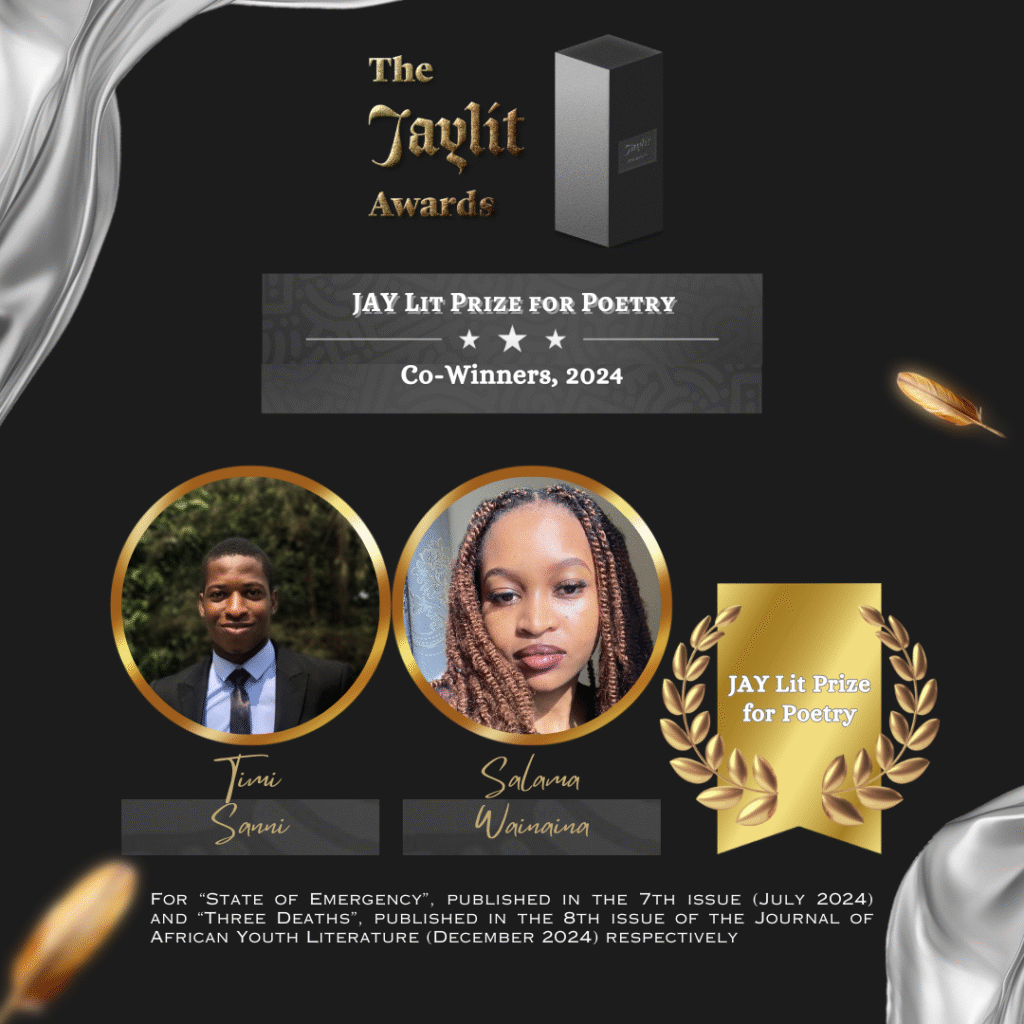
Winning the inaugural JAY Lit Prize for Poetry alongside Timi Sanni is one of the the major highlights of Salama Wainaina’s writing career so far. As she looks to the future, she is clear-eyed about her goals: to continue producing work that captures memory, feeling, and resistance and to leave readers with the same resonance that her favourite authors once stirred in her.
We’re rooting for Salama as she continues this exciting, courageous journey of poetry, fiction, and everything in between.
